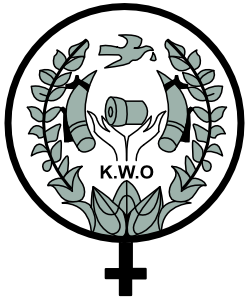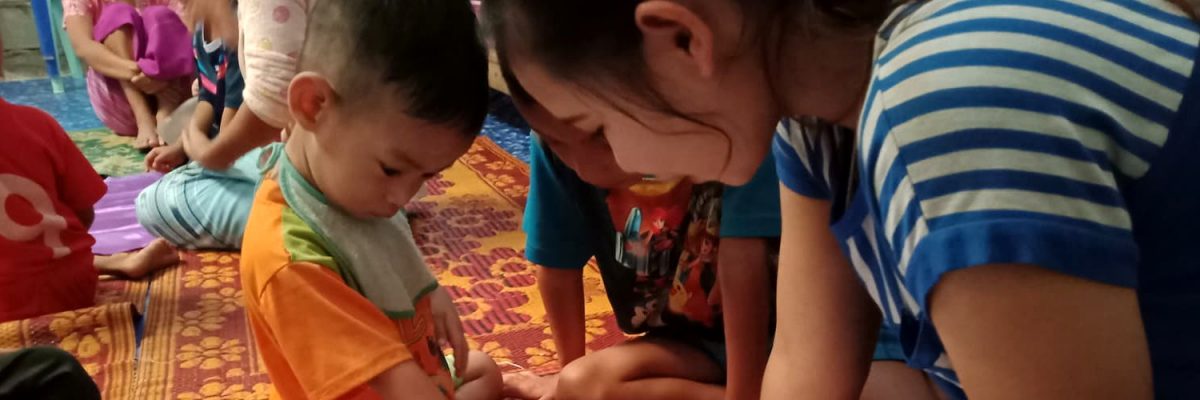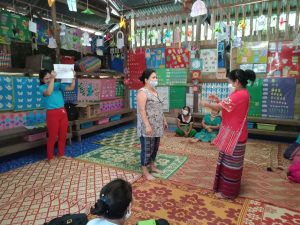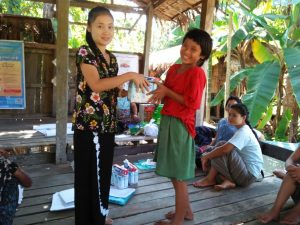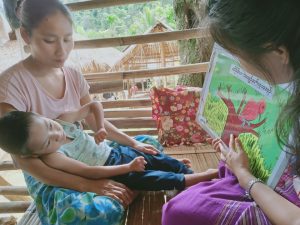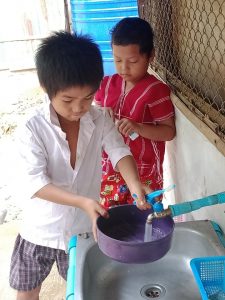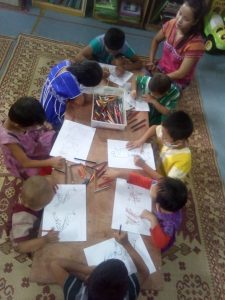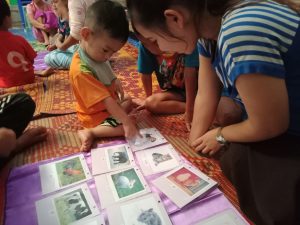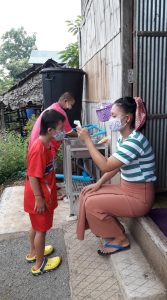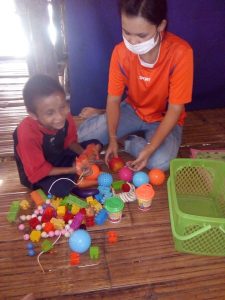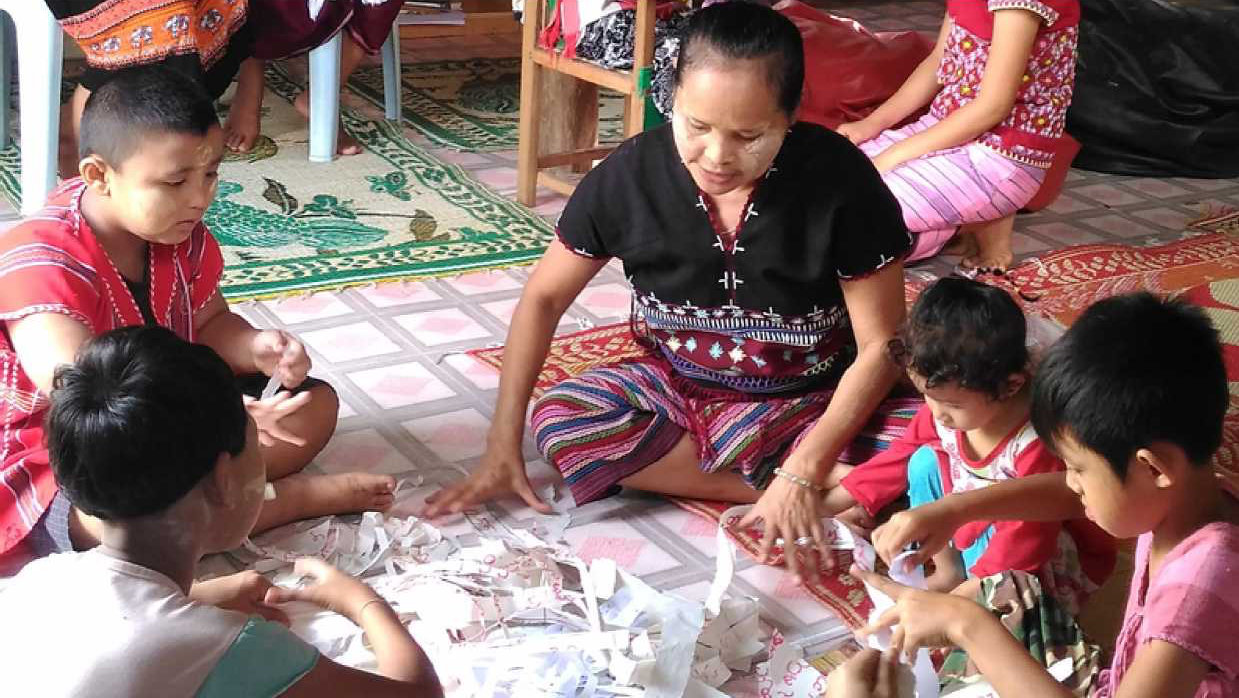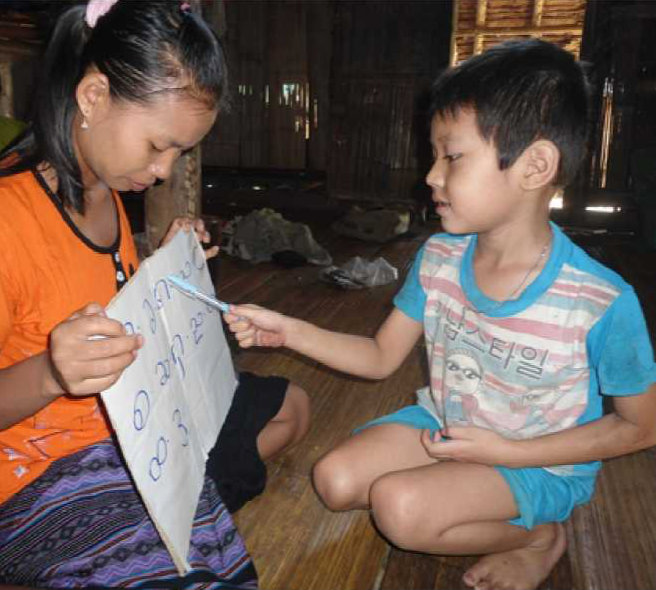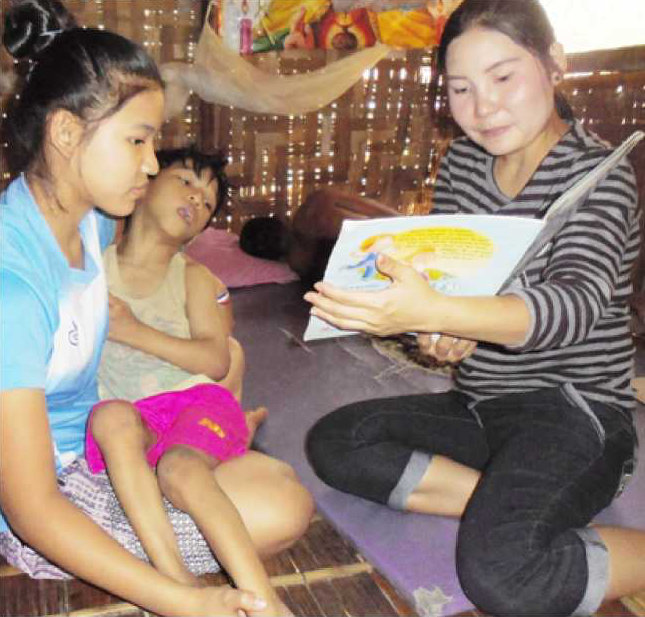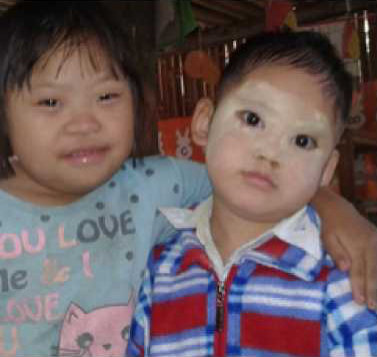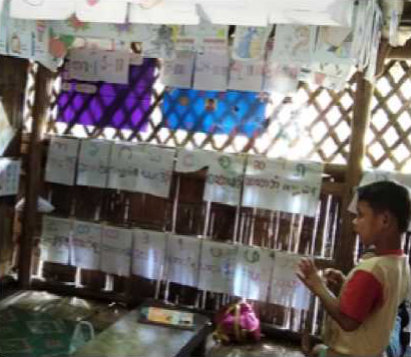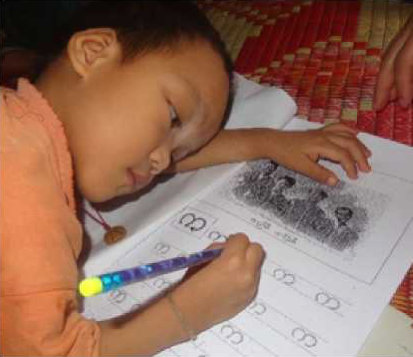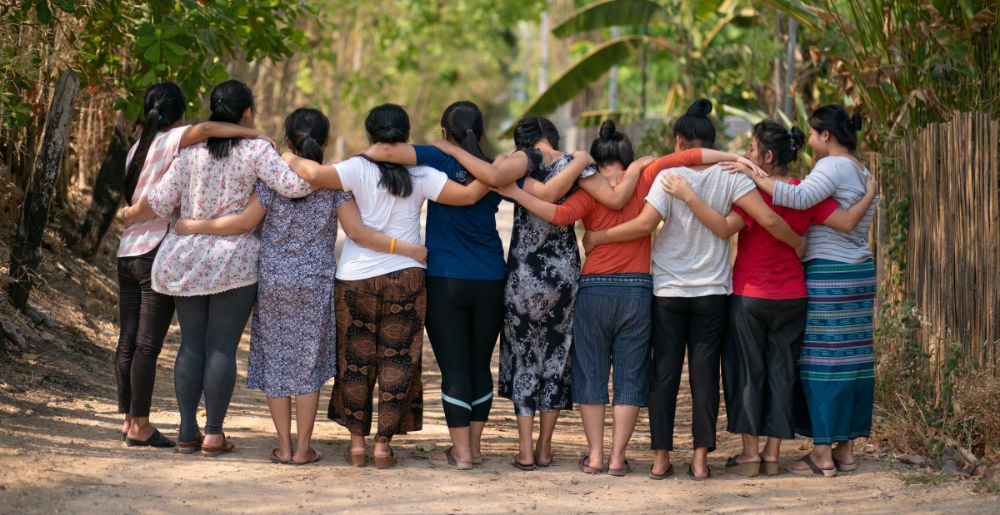KWO developed and implements the Special Education Project because we believe in “Education for All”. We identified a gap in the mainstream education and social service systems which excluded children with disabilities in our communities and we set up this project to address that need.
1. Project Goal
To promote the basic rights of all children and youth living with disabilities in Karen refugee camps and in Karen State by supporting and expanding the care and educational services to those children and youth along with their families, and by strengthening community awareness and acceptance.
2. Location
We implement this project in 11 sites:
- In the 7 Karen-majority refugee camps on the Thai-Burma border which are Mae Ra Ma Laung, Mae La Oon, Mae La, Umpiem Mai, Nu Po, Htam Hin, Ban Dong Yang.
- and in 3 districts of Karen State (Mu Traw District, Doo Playa, and Doo Th’ Htoo District).
3. Overview
The Special Education (SE) project is a community-based rehabilitation project which directly benefits some of the most vulnerable members of our community. This project supports disabled children’s educational and personal development and the programs are crafted to meet each child’s particular needs. The project assists parents to understand and strengthen good childcare practices so their child receives the best care possible.
Under this project, the KWO advocates and raises awareness in the community for respect of the rights of children with disabilities, for increased access to education, and for inclusion in community life. The project is entirely staffed and managed by Karen women who live in the communities they serve.
This project is the only one of its kind in the refugee camps and in Karen State providing assistance to children with disabilities and their families. The project is well-established in the 7 Karen-majority refugee camps and we run a full program at these sites. Since 2018 we have been expanding the project into Karen State.
The situation in Karen State is much more challenging and dangerous than in the refugee camps and as a consequence the SE project activities are more limited there. The Burmese military junta has been persecuting the ethnic peoples of Burma for generations. They established hundreds of army posts and access roads on indigenous lands, and the junta’s soldiers regularly attack villages and abuse civilians, destroy buildings and farms, loot property, animals and food, arrest and torture men and women, and control and block freedom of movement. Since the military coup in 2021, the security situation for civilians is much worse. This project’s expansion has been restricted by the escalation of violence by the Burmese junta, but we still are able to identify, monitor and visit all children living with disabilities and their families in the selected sites.
4. Beneficiaries and Participants
In the 2023-24 academic year:
- a total of 707 children and youth with disability benefited from this project (323 in Refugee Camps, and 384 in Karen State).
- About 2,000 parents and carers of children with disability received training and support.
- 36 mainstream school teachers received classroom support from our SE Teachers
- 864 community leaders learnt more about disability and inclusion
- 3,000 community members learnt more about child rights, child protection and disability rights
5. Main Activities
The main services and activities we provide are:
- Early Intervention Program (Support for children at home or in the SE Centres in refugee camps + Ee Htu Hta)
- Inclusive Education Program (Classroom Support for children in the mainstream schools in refugee camps + Ee Htu Hta)
- Deaf Program (in refugee camps + Ee Htu Hta)
- Blind Program (in refugee camps + Ee Htu Hta)
- Needs assessments and development planning for each child (All sites in Refugee camps and in Karen State, Burma)
- Run 11 SE Centres (in Refugee camps only)
- Play Sessions (in refugee camps + Ee Htu Hta)
- Small Group Learning (in Refugee camps only)
- Teacher training (All sites)
- Home Visits (All sites)
- Parents Education (All Sites)
- Nutrition and Hygiene Support (All sites)
- Montessori methods and materials (in refugee camps + Ee Htu Hta)
- Outreach Program (in Karen State)
- Community advocacy to promote inclusion (All sites)
- Special Events (in refugee camps + Ee Htu Hta. Suspended in most sites in Karen State due to Burmese junta attacks)
- Publications and Resources (38 titles developed and used in our project to date) eg. Karen Sign Language for the deaf, DVD’s. Watch them on YouTube.
- Meet regularly with the “SE Committees” made up of local leaders who support the project activities and promote inclusion. (All sites)
An Individual Education Plan guides and monitors each child’s development in 6 skill areas:
- Physical Development
- Language and Literacy Skills
- Mathematical Development
- Self-Reliance and Independence Skills
- Social Skills
- Creative Development
In collaboration with community leaders we have established Special Education (SE) Committees in all sites which ensure the participation of the community and local governance structures. The committees’ role is to increase local support and understanding for the children and their families and to help KWO with the logistics of this project’s activities. The SE Committees are especially important in Karen State, where we have less project staff in the field.
6. Who does the work?
in 2023-24 there are 88 project staff implementing this project. This includes 45 full-time special needs teachers and 2 Field Co-ordinators in the refugee camps, and 8 Field Co-ordinators in Karen State. These women are the main contact points with the children, families and communities and they deliver and organize all the activities.
7. The Impact
Children living with disability become more independent when they are enrolled with this project. They learn to walk, communicate with their parents, move around, and can feed or dress themselves. They can access education, a fundamental right of all children.
The children and their parents are healthier and happier. They put on weight, improve personal and family hygiene, meet and make friends, and are included more in the social life of the community. Parents and community members gain deeper understanding and practical skills.
This project has created positive change in our families and communities. We have seen huge improvements in the quality of life for children with disability and their families and greater understanding and acceptance in the community.
